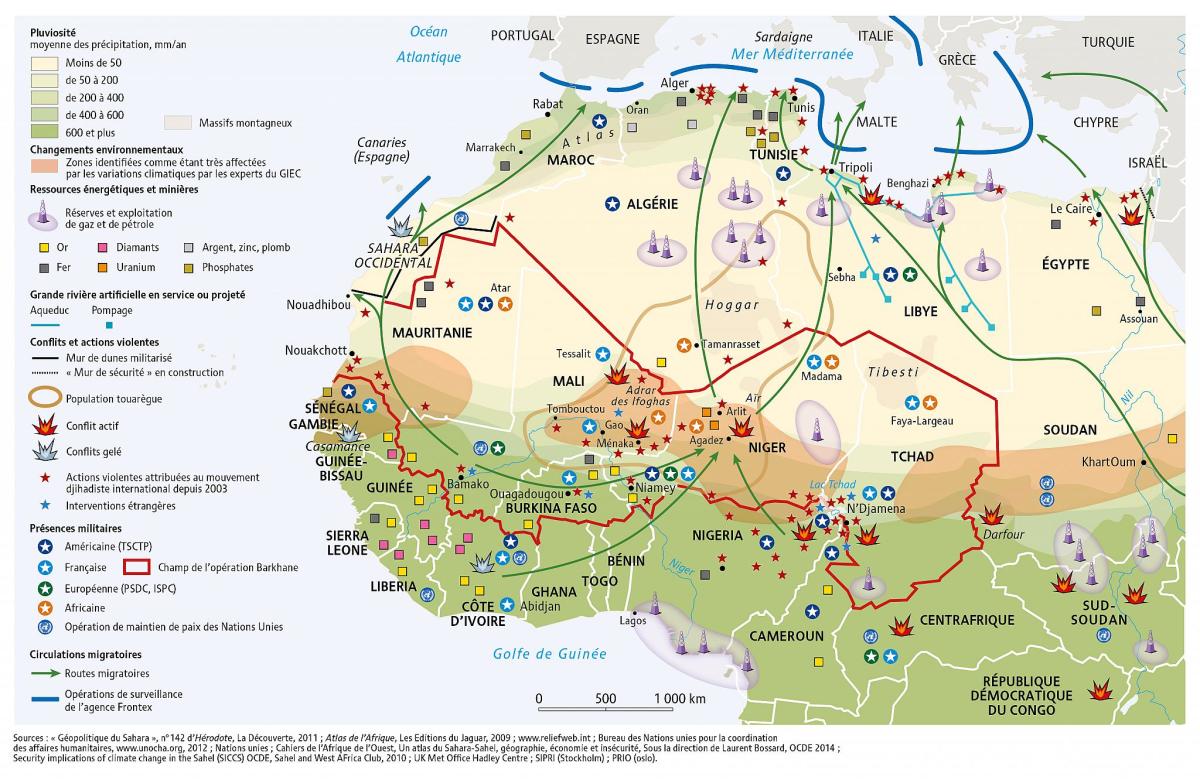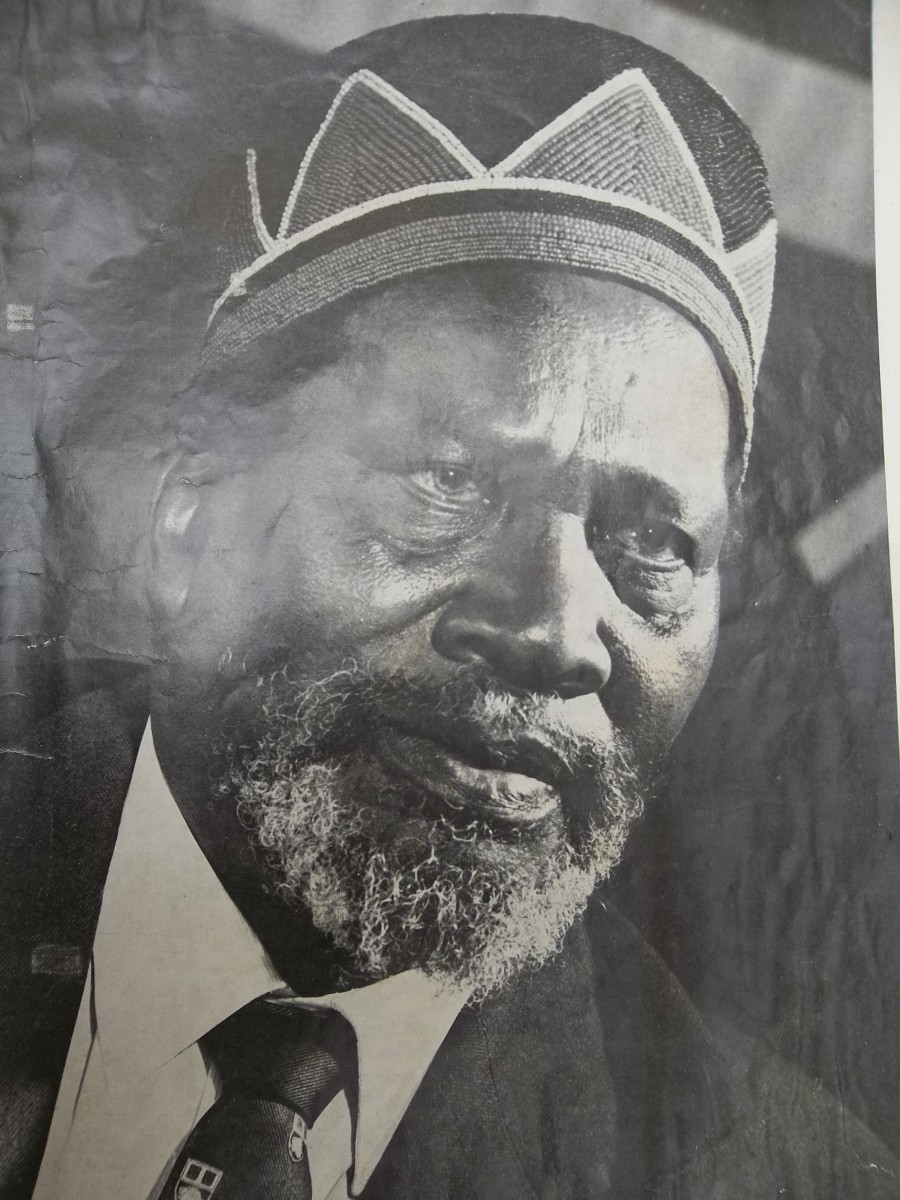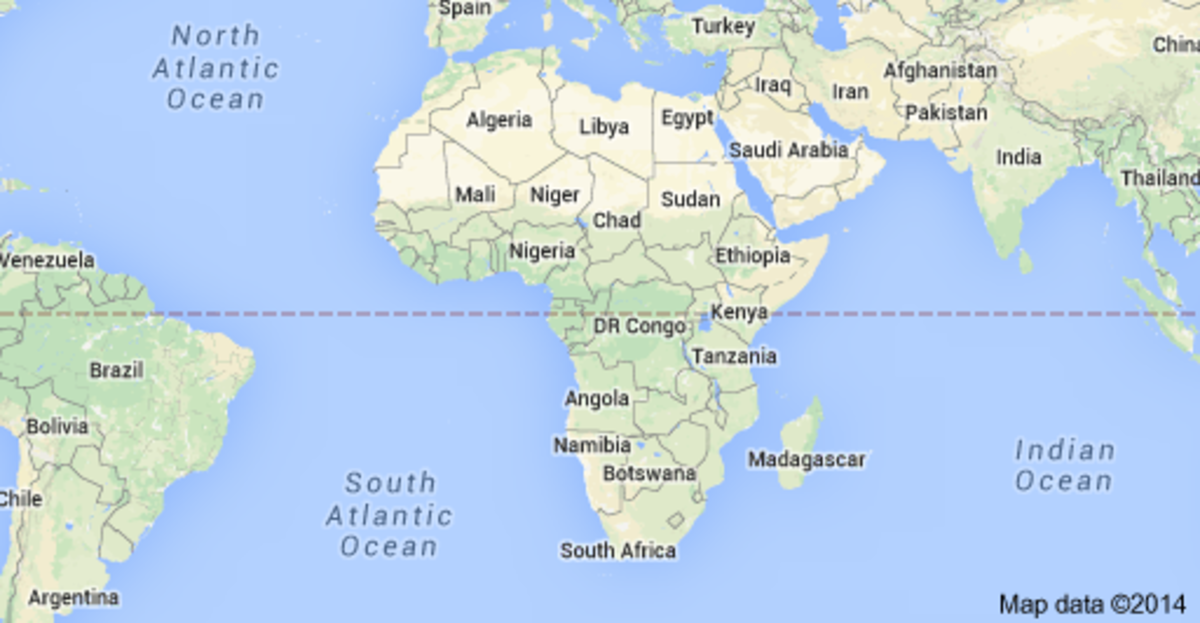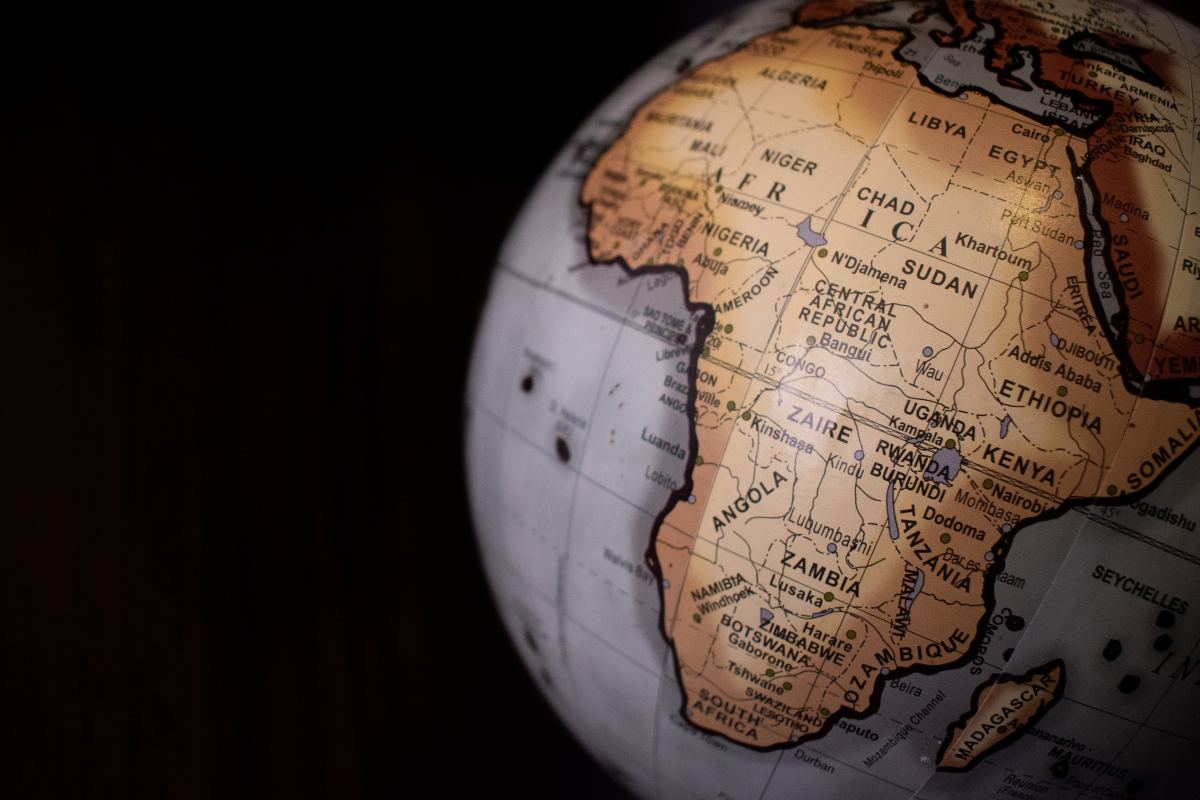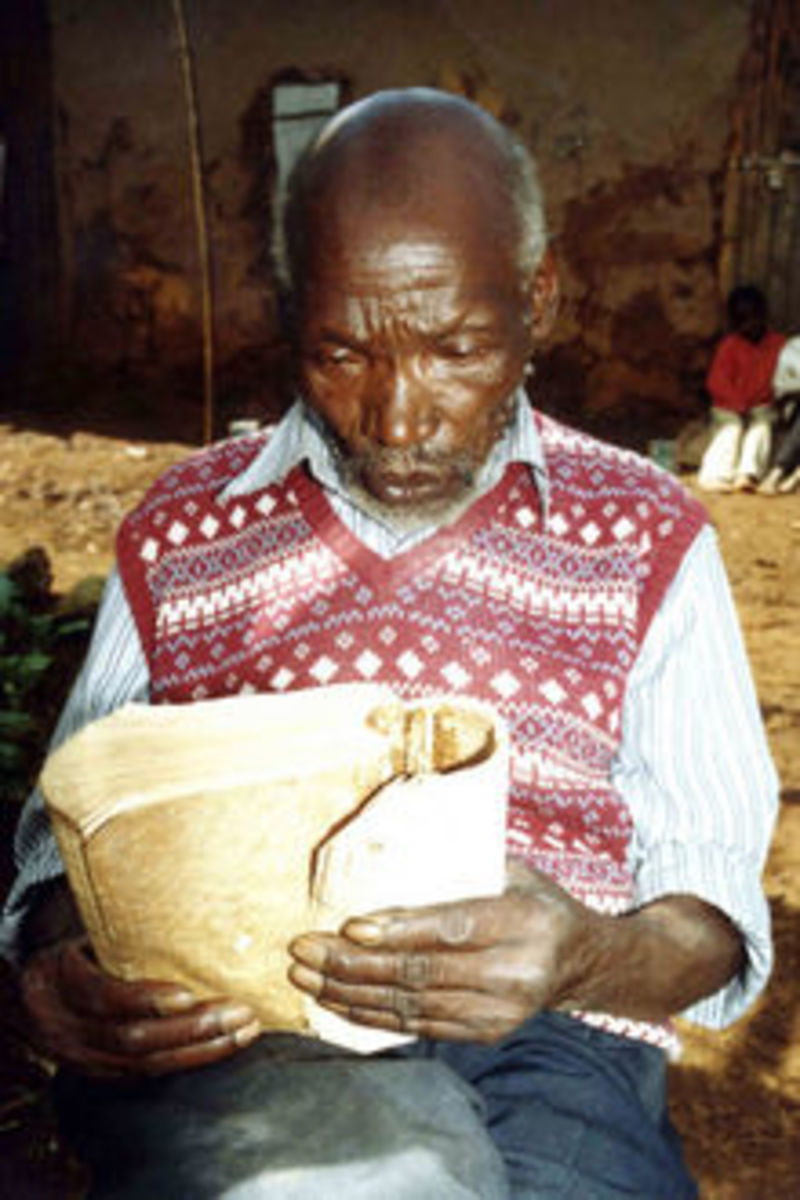Prospects and Challenges of the Developmental State in Africa
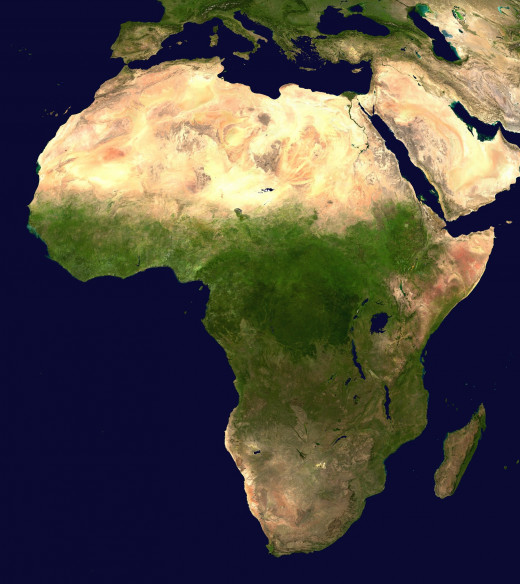
PROSPECTS AND CHALLENGES OF THE DEVELOPMENTAL STATE IN AFRICA
Introduction
A developmental state may be defined as a state that puts economic development as the top priority of government policy, and is able to design effective instruments to promote such a goal.
Developmental state, or hard state, is a term used by international political economy scholars to refer to the phenomenon of state-led macroeconomic planning in East Asia in the late twentieth century. In this model of capitalism (sometimes referred to as state development capitalism), the state has more independent, or autonomous, political power, as well as more control over the economy. A developmental state is characterized by having strong state intervention, as well as extensive regulation and planning. A developmental state intervenes more directly in the economy through a variety of means to promote the growth of new industries and to reduce the dislocations caused by shifts in investment and profits from old to new industries. (Wikipedia. 2013)
PROSPECTS AND CHALLENGES OF DEVELOPMENTAL STATES IN AFRICA
The Contribution of Developmental States: The Post‐colonial Experience of ‘Developmentalism’ in Africa
At independence the nationalist parties in many countries which had taken over political power from the colonial administration faced the task of nation building as well as pursuing economic and social development. Given the weakness of the indigenous private sector the new states were under pressure to assume considerable economic responsibilities. In fact, they became the main economic actor involved in a wide range of activities that included not only social and economic infrastructure but also the ownership and management of productive industry. This far‐reaching state involvement also reflected the nationalist ideology of overcoming colonial‐capitalist control of the economy and the concomitant neglect of human development. In terms of social services, i.e. education and health, notable achievements were made. For most of the first generation of African leaders ‘development’ was certainly a central preoccupation. (Mkandawire, T., 2001)
For many post-independence African leaders, development was a major preoccupation and they espoused various developmental ideologies. From Ghana came Kwame Nkrumah’s philosophy of Pan-Africanism, centered on the need for political and economic liberation through the strategy of regional integration, designed to promote economic development on the African continent. For Julius Nyerere of the United Republic of Tanzania, the ujamaa philosophy was to be the basis of collectivization in agriculture, aimed at promoting rural transformation. In Zambia, Kenneth Kaunda adopted the development philosophy of humanism, while for Leopold Senghor, former President of Senegal, the anchor was on the philosophy of “negritude”. (Mkandawire, T., 2001)
Many African countries sought to build the capacity of the state, through an indigenization policy in the state sector and considerable investment in training and human capacity in the state bureaucracy. Economic development planning was a major thrust of economic governance, of which industrialization constituted a major goal. The post-independence era saw a strategy of import substitution industrialization, as well as massive investment in infrastructure. Given the focus on development, the early post-colonial state in Africa was described by some as a “developmental state”. Africa’s development strategy spurred a reasonable level of economic growth similar to, if not better than, other parts of the world. No fewer than 10 African countries enjoyed a consistent GDP growth rate of about 6 per cent during 1967–1980, some of them ranking at times with the best performing East Asian economies. (Mkandawire, T., 2001)
The post-colonial state also gave priority to the social sector, which expanded phenomenally in virtually all countries. In Cote d’Ivoire, for example, education and health were allocated 28.4 per cent of state current expenditure in 1965, then 30.2 per cent in 1970, and further to 33.4 per cent in 1975. Investment in tertiary education was also significant Cote d’Ivoire. Indeed, some have described the post-colonial universities as “development universities”, which had high expectations to facilitate technological innovation and scientific progress. (Mkandawire, T., 2001)
The challenges of developmental states
The two oil shocks of the 1970s and early 1980s badly affected many African economies and decelerated their economic growth. Most African countries stepped into deep economic crisis in the 1980s and growth fell. (Meyns. P. 2010)
The plain fact, however, is that Africa’s state-led development model often failed to construct developmental states and achieve sustained positive economic and social outcomes as most of the countries could not engineer economic take-off, ensure industrialization or diversify the economy. Internal factors included the rise of authoritarian military dictatorships and one-party regimes, which could not construct hegemonic development ideology and coalitions. They can be regarded mostly as anti-developmental regimes, lacking strategic partnership with the indigenous private and business sector, with the state assuming the role of economic entrepreneur rather than building a local corporate sector. (Meyns. P. 2010)
In such countries, the state played multiple roles as investor, banker, trader and primary employer, rather than carefully nurturing a local entrepreneurial class (UNECA, 2008). Other factors included low savings and investment rates; flawed industrialization strategies; poor performance of the agricultural sector; and low investment in focused research and technology development. Extreme dependence on external conditions and consequent shocks, including the rise of oil prices, as well as incipient economic crisis in many countries, were other factors. (Meyns. P. 2010)
- 1. Lack of Development oriented Leadership
The developmental state ambitions were pursued after independence. However, the development project was not supported by sustainable visions of development. The main weakness was overbearing statist intervention in the economy. Supported initially by primary sector export income, poorly performing state‐owned enterprises were kept on the books and subsidized by the treasury, becoming a major drain on scarce foreign exchange reserves. In addition, excessive statism encouraged rent‐seeking behavior which detracted economic actors from productive activities. Eventually these projects had to be abandoned as developmental failures. (Meyns. P. 2010)
- 2. Lack of Autonomous and Efficient Bureaucracy
Although the post‐colonial state assumed a huge economic role, it did not have the manpower and lacked the regulatory capacity and administrative ability to efficiently manage the tasks at hand. The bureaucracy in post‐colonial Africa also lacked the autonomy deemed necessary in a developmental state. This had detrimental effects on the performance of the bureaucracy, particularly with regard to policy making and implementation. It also made the bureaucracy susceptible to predatory behavior (corruption, rent‐seeking, abuse of public resources) and a basic lack of accountability. In most cases, post‐colonial bureaucracies are said to have been “part of the problem” because they failed in their role as policy and public resource custodians. (Meyns. P. 2010)
- 3. Lack of a strong private sector
The private sector did not play a significant role in the national development process during the post‐colonial era. On the one hand this is understandable given the weakness of indigenous business after independence. More significantly, however, the state in post‐colonial Africa was instinctively opposed to private sector development and did not recognize the private sector as a crucial development player. There was a lack of incentive mechanisms to encourage private investment. Instead, state dominance of the economy led to the neglect and crowding‐out of the private sector from the economic arena. To be successful businesspeople depended heavily on political connections rather than performance. Such state business relations encouraged corrupt practices to secure contracts and negatively affected business efficiency and productivity. (Meyns. P. 2010)
- 4. Lack of Performance‐oriented Governance
Most post‐colonial African states opted for one‐party systems of rule shortly after independence. As a result, regimes that were autocratic and intolerant came to characterize the continent. Proclaimed as appropriate for the dual tasks of nation‐building and socioeconomic development, they served more often than not, to bolster the ruling elites’ power and to facilitate their self‐enrichment, to establish predatory rule. Although varied in degree, regimes under predatory rule were based on intense personalization of authority and were not conducive to performance‐oriented governance. Ruling elites in such regimes depended on the distribution of spoils to stay in power and diverted huge amounts of public resources for patronage purposes, detracting from genuine development efforts in the process. (Meyns. P. 2010)
Towards the future: How to construct developmental States in Africa
- 1. Focused industrial policy
To catch up and, more important, to meet its own development objectives, Africa needs to promote rapid industrialization that will promote innovation, technological adoption, entrepreneurship, high value added and employment-generating manufacturing. This will enable the continent to overcome the low contribution of industry and manufacturing to GDP and employment. The formulation and implementation of industrial policy will enable African governments to target particular activities or sectors for support. Each country will have to identify niche industries where it has competitive advantages or the capability to develop dynamic advantages. This in turn will contribute to Africa’s industrial development. However, unlike most countries in post-independence Africa, which thwarted the emergence of a capitalist class, the 21st century African developmental state has to vigorously attempt to build an indigenous capitalist class. Also, unlike the experiences of the 20th century developmental States elsewhere, industrialization in Africa in the 21st century will have to be sensitive to environmental sustainability. The development of renewable energy and a green economy as part of Africa’s overall development strategy cannot be over-emphasized. Renewable energy in particular and the green economy in general offer Africa a basis for transforming the structures of its economies and to create sustainable jobs and livelihoods. The industrial strategy of the developmental States of East Asia suggests that creating industrial winners through fiscal incentives to facilitate enhanced productivity and some form of protectionism were critical for the growth of local manufacturing. While protectionism may be difficult and largely unfashionable in a globalized economy regulated by WTO, nonetheless, as part of their industrial policy, African States should ensure a phasing-out process to protect local industries, which is necessary for their growth and consolidation. This will enable them to compete, over time, in the global economy. (Meyns. P. 2010)
- 2. Enhanced social policy
To become developmental States, African countries have to revise their social policies. As in Asian and Latin American developmental experiences, these should include measures to increase income support, gradually reduce income inequality and ensure access to the basic social goods of education, health care and decent livelihoods for people. In other words, social policy measures have to meet the basic goals of human existence as contained in the MDGs.
Heavy investment in skills, education, health care and infrastructure (including economic infrastructure) will be important tools for expanding human capabilities in Africa. They will also become important means of enhancing the productive base of African economies.
Of course, a combination of development strategies that promotes investment in education and infrastructure, such as roads, water and electricity, would improve the environment for doing business in Africa, and attract greater volumes of FDI. (Meyns. P. 2010)
- 3. Purposeful leadership and a developmentalist coalition
Capable and farsighted democratic leadership will be central to constructing developmental states in Africa. Such leadership can foster hegemonic developmentalist ideology and the necessary coalition to underpin it. A powerful technical team will have to be assembled to support the political leadership in crafting and driving the developmental vision of the country. The developmentalist coalition has to be committed to Africa’s industrialization and to creation of more opportunities for productive and high-income activities in the formal sector. In other sub regions where subsistence agriculture is dominant, the state needs to promote cooperatives and to support small farmers with access to skills training, finance, markets, technology and so on. In effect, agrarian reforms are required for African countries to become developmental States. (Meyns. P. 2010)
Conclusion
The urgent need for economic transformation and take-off by African countries underscores the importance of building developmental States on the continent. Developmental States, barring external shocks and adverse global conditions, can stimulate rapid economic growth and diversification, technological innovation, industrial development and social welfare in Africa. A developmental state is about state involvement in the economy and society, but not by a state-dominated economic development model. It is about seeking the right mix between the state and the market, governing and controlling the market and market forces to prevent market failure, and supporting private agents and entrepreneurs to realize their full potential and to contribute to economic development. (Meyns. P. 2010)

